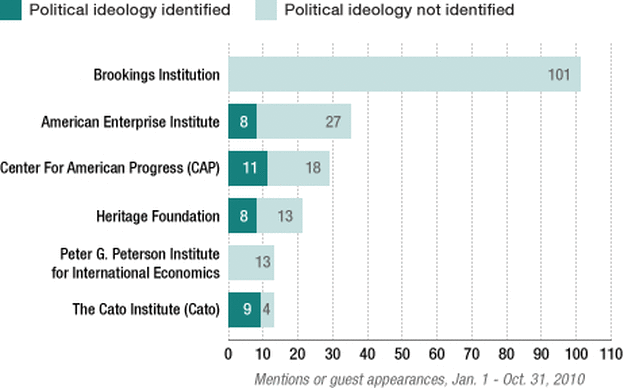Diary pulled out all the stops to get its paws on the “ditty” former monetary policy committee member Adam Posen sang in a growling Massachusetts baritone at his leaving party at the Bank of England.
But to no avail – Posen tells me his party piece was meant to be “fun and off-the-record only”.
So over to the economist’s former-line-manager Sir Mervyn King, who made a joke at Adam “quantitative easing” Posen’s expense about how much public money has been spent since the rate-setter joined the MPC in 2009.The London Evening Standard is reporting that Posen received an odd send-off gift to celebrate his three years on the Bank of England's monetary policy committee.
The Bank of England gave Adam Posen a rousing send-off after three years on the monetary policy committee. The American economist is heading back over the pond to take over as president of the Peterson Institute. So what did his colleagues in Threadneedle Street give him as a leaving present? A bound copy of the minutes of all the MPC meetings he has attended over the last three years. That ought to wake him up.
Here are some other interesting facts/news about Adam Posen:
- Adam Posen debated Mitt Romney Advisor Glenn Hubbard on the merits of QE on the sidelines of the Fed's Jackson Hole retreat back in August 2012.
- He has been called by The Telegraph "the gentlest of doves" in terms on monetary policy, preferring stimulus more than other central bankers.
- On his LinkedIn page, Posen notes that he has been a consultant to numerous government agencies during both the Clinton and Bush Administration.
- Posen used to work at the liberal-leaning Brookings Institution. He is a member of the Council on Foreign Relations (CFR) and the Trilateral Commission.
Here is a profile of Adam Posen that the New York Times did.






